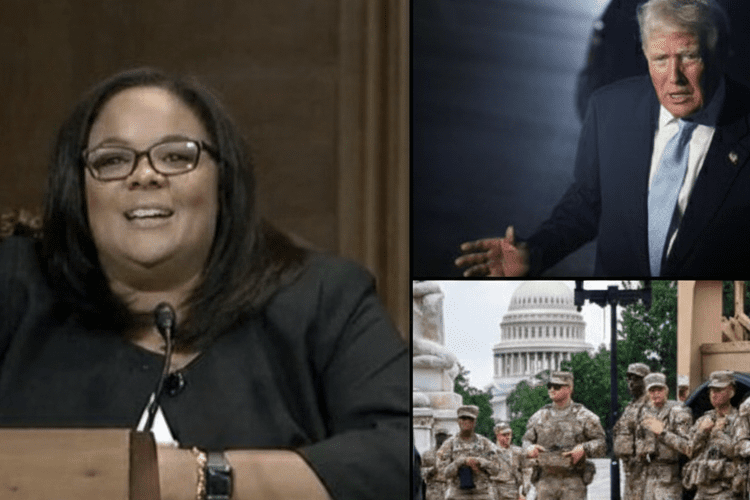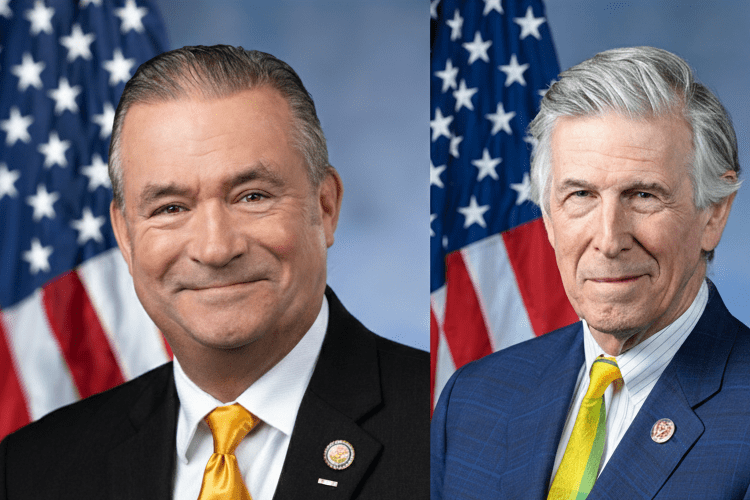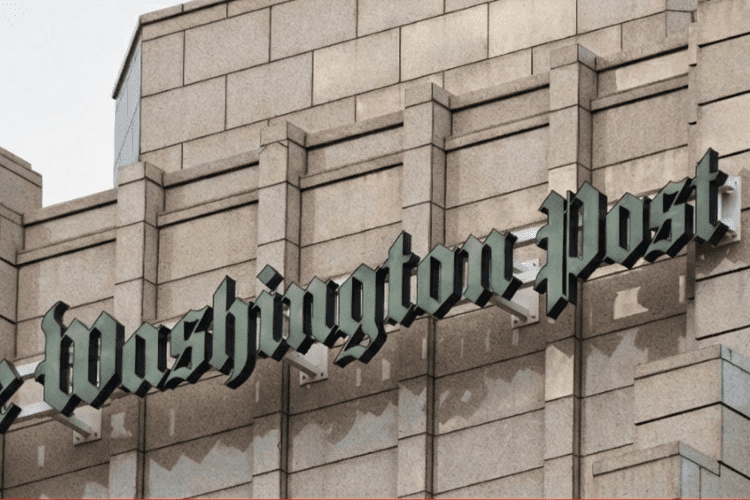Trump’s DC Guard Deployment Frozen Amid Impeachment Roar
In the shadowed underbelly of Washington’s Foggy Bottom, where the hum of federal shuttles mingles with the distant wail of sirens that never quite fade, 29-year-old patrol officer Lena Vasquez grips the wheel of her cruiser a little tighter each night, her eyes scanning the empty stretches of Pennsylvania Avenue for the threats that lurk in the quiet hours. Since early 2025, when President Donald J. Trump’s National Guard deployment rolled into the capital like a steel wave, Lena’s shifts felt less like lone wolf watches and more like a fortified front—Guard units flanking her routes, their presence a buffer against the post-January 6 unrest that still simmers in graffiti-scarred alleys and tense town halls. “Those boys in camo? They were my backup,” she says, her voice a mix of grit and gratitude, fingers drumming the dash as she recalls a May night when a heated protest turned ugly, Guard quick-reaction teams diffusing a crowd that could have curdled into chaos. For Lena, a third-generation D.C. native whose dad patrolled these same streets during the ’68 riots, the Guard wasn’t occupation—it was oxygen, a breath of security in a city where home rule means high crime and higher stakes. But on November 19, 2025, in a ruling that rippled from the U.S. District Court like a shockwave through still waters, Judge Jia Cobb slammed the brakes on that lifeline, issuing a temporary order deeming the deployment unconstitutional under D.C.’s home rule charter—a move that has left officers like Lena reeling, citizens questioning their safety, and Trump’s allies thundering for the judge’s impeachment in a firestorm of federal fury that exposes the raw nerves of a capital caught in constitutional crossfire.
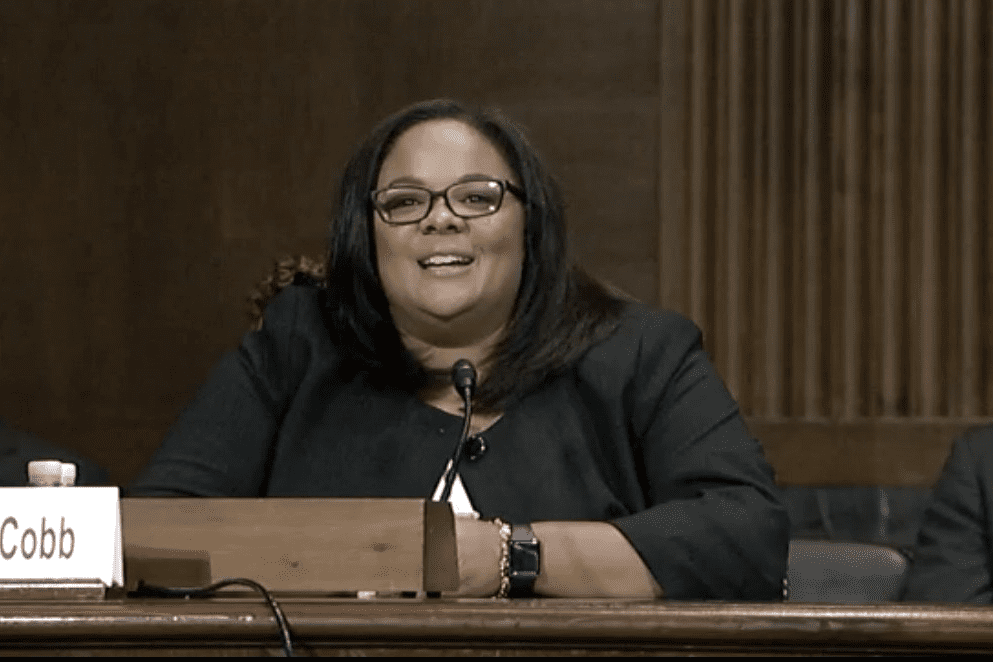
Cobb’s decision, handed down in a 45-page opinion that reads like a legal gauntlet thrown at the White House, didn’t just pause the deployment—it pierced the heart of Trump’s post-reelection promise to “secure our cities from the radical left’s chaos.” Appointed by President Joe Biden in 2023 after a Harvard Law tenure as a public defender championing indigent rights, Cobb, 48, has built a reputation for rulings that tilt toward local autonomy, her chambers in the E. Barrett Prettyman Courthouse a bastion for challenges to federal overreach. The lawsuit, filed by D.C. Attorney General Brian Schwalb on October 15, argued the Guard’s presence—1,500 troops activated under Title 10 since February 2025—bypassed the District’s exclusive law enforcement authority, a home rule enshrined in the 1973 District of Columbia Home Rule Act but perpetually at odds with Congress’s purse strings and presidential prerogatives. “The executive branch cannot unilaterally impose military governance on a civilian populace,” Cobb wrote, her prose precise as a prosecutor’s brief, pausing enforcement until December 11 to allow appeals—a 22-day stay that keeps boots on the ground for now, but casts a pall over the patrols Lena relies on. For the AG’s office, it’s a win for self-determination; for Trump’s DHS, it’s sabotage, Secretary Kristjen Nielsen firing off a statement calling it “an activist assault on public safety” that endangers the 700,000 residents and 3 million daily commuters who traverse the District.
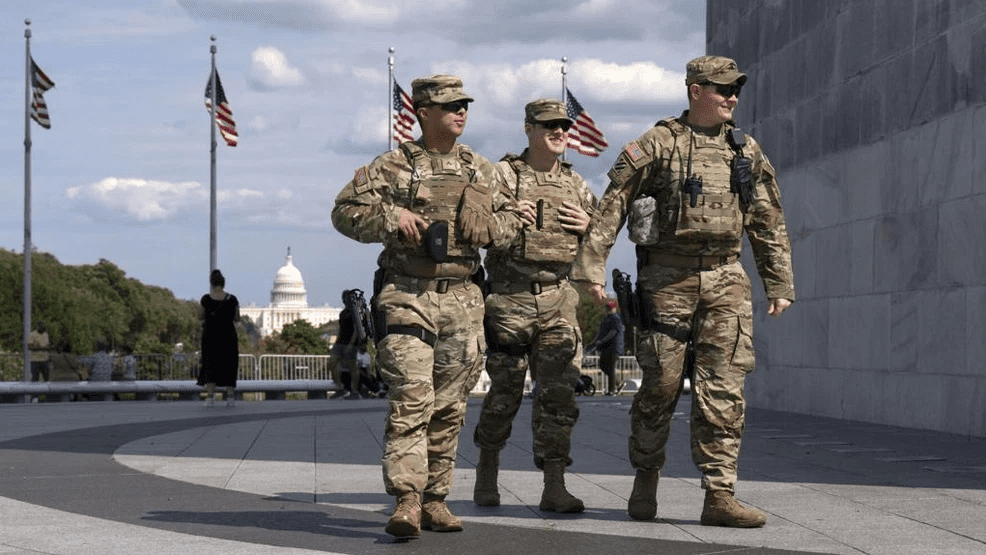
The emotional underbelly of this clash runs deep in stories like Lena’s, where the Guard’s gray-green humvees became more than metal—they were markers of reassurance in a city haunted by the ghosts of 2020’s unrest and January 6’s echo. Lena, whose cruiser was pelted with bottles during a 2024 Fourth of July flare-up, remembers the Guard sergeant’s nod as he flanked her line: “We’ve got your six, ma’am.” That camaraderie, forged in shared shifts and coffee-fueled briefings, felt like family in a force stretched thin by retirements and recruitment woes, D.C. Metro’s 12% vacancy rate leaving officers like her to cover double the ground. Trump’s deployment, activated via a February 2025 executive order citing “persistent threats to federal assets,” brought 1,500 souls from Virginia and Maryland units, their presence credited with a 25% drop in violent incidents around the Capitol, per MPD stats. “It’s not about politics—it’s about people getting home to their kids,” Lena says, her patrol car idling near the Tidal Basin, the Jefferson Memorial’s dome glowing like a distant promise. Cobb’s ruling, while lauding the Guard’s “noble service,” deems it an “unconstitutional intrusion,” a legal line that ignores the lived reality of officers outnumbered and outgunned in a city where carjackings spiked 40% post-pandemic.
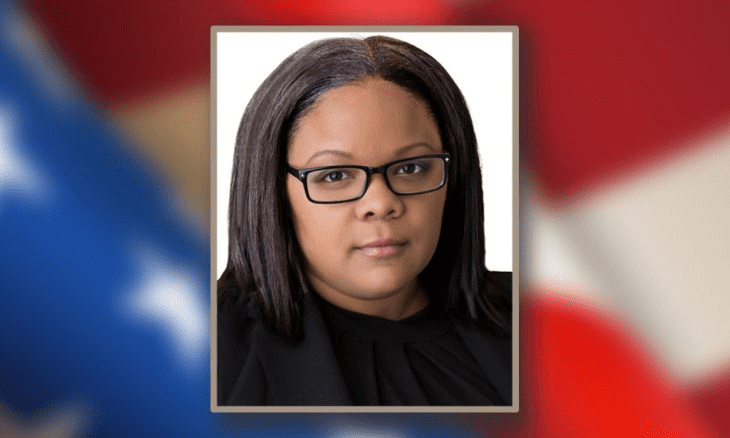
Trump’s response was swift as a tweetstorm, his Truth Social salvo at 8:47 a.m. the next day a clarion of condemnation: “Crooked Judge Jia Cobb, a Biden hack, just halted our brave National Guard from protecting DC—UNBELIEVABLE! This is an infuriating overreach, and we’re appealing FAST. Impeach her NOW!” The post, racking 4 million likes in hours, ignited a MAGA maelstrom—#ImpeachCobb trending with 1.2 million mentions, supporters from Florida retirees to Texas truckers flooding comment sections with calls for “justice for our troops.” House GOP leaders, nursing a slim 220-215 majority, echoed the outrage: Speaker Mike Johnson vowing an Ethics probe into Cobb’s “activist agenda,” while Rep. Jim Jordan, R-Ohio, thundered on Fox that “this is the deep state striking back—time to drain the judicial swamp too.” The impeachment drumbeat, while a constitutional long shot requiring House passage and Senate conviction, resonates in a Republican caucus galvanized by Trump’s 2024 sweep, where 72% of voters backed his “law and order” pledge. For Lena, scrolling the feeds during a rare lunch break at Ben’s Chili Bowl, the rhetoric rings true: “I’m just doing my job—keeping folks safe. If a judge can wave that away, what does it say to the bad guys?”
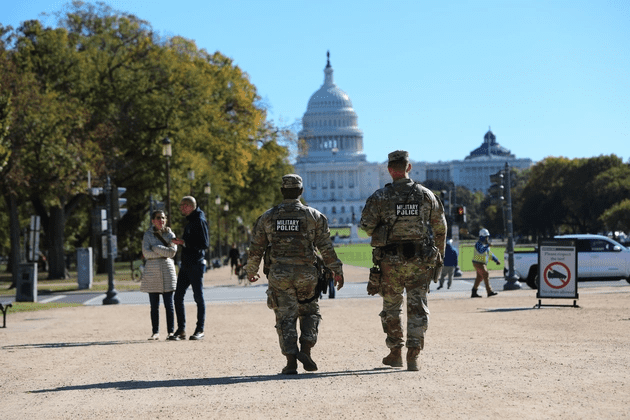
Cobb’s background adds layers to the legal lightning rod, a resume burnished by Ivy League polish and public service passion that makes her ruling a Rorschach test for America’s divides. A Detroit native whose parents emigrated from Jamaica in the ’70s, Cobb clerked for Justice Sonia Sotomayor after Harvard Law, her public defender days in D.C. defending the indigent against “overzealous prosecutions” that echoed her own brushes with bias as a Black woman navigating elite halls. Appointed to the federal bench in 2023 amid Biden’s push for diversity—her confirmation squeaking by 52-47, with Manchin’s tie-breaker— she’s ruled against Trump-era policies before, striking down a 2024 asylum cap as “cruel and capricious.” “Judge Cobb is a defender of the defenseless,” her former clerk, Aisha Rahman, says over coffee in Georgetown, her tone a mix of pride and pragmatism. “Home rule isn’t hobby—it’s the District’s sovereignty, hard-won after a century of congressional chokeholds.” Schwalb’s suit, filed in the shadow of a September protest that saw 200 arrests around the White House, argues the Guard’s role in crowd control usurps MPD’s mandate, a violation of the 1973 Act that Congress can override but rarely does without drama.
The broader brushstrokes paint a capital caught in constitutional conundrums, where D.C.’s peculiar status—neither state nor territory, home to 700,000 souls without full voting rights—fuels perennial friction. Trump’s deployment, a response to 2024’s election-night skirmishes that saw 500 arrests, aimed to safeguard federal turf amid threats from “antifa agitators,” per DHS memos. “Washington isn’t a playground for radicals—it’s the people’s house,” Trump said in a March rally, his words a rallying cry for the 65% of Americans who, per Gallup, favor Guard use in urban unrest. Cobb’s pause, while temporary, tilts the scales toward local control, a nod to the District’s 2022 home rule push that added $100 million to MPD budgets but left vacancies yawning. For Lena, it’s a limbo that lingers: “We train with the Guard, trust them with our backs. Pulling the plug now? It’s like tying one hand behind us.” The stay until December 11 buys time for appeals—DOJ lawyers already filing briefs citing Posse Comitatus exceptions for federal protection—but the chill is palpable, patrols proceeding with a shadow of uncertainty.
As November’s fog rolls over the Potomac, this ruling reverberates like a distant drum, a beat of battle in the eternal tug between federal might and local right. For Jamal Thibodeaux, patrolling the Gulf’s gray waves, it’s a reminder of resolve: “We serve the flag, not the feud.” For Vasquez, cruising Pennsylvania’s pavement, it’s perseverance: “Safety isn’t a suggestion—it’s our oath.” Trump’s impeachment call, while fiery rhetoric in a town of tall tales, underscores the stakes—a judiciary seen as partisan in a presidency pledged to protection. Balanced in the breach, Cobb’s order honors home rule’s heartbeat, a check on executive excess that echoes the Founders’ fears of kings in camouflage. Yet for the Lenas and Jamals, the human pulse quickens: in a capital of compromises, where symbols of service stand sentinel, one judge’s gavel can echo like a gale, stirring the winds of worry in a nation that needs its guardians grounded, not grounded by the gown.
